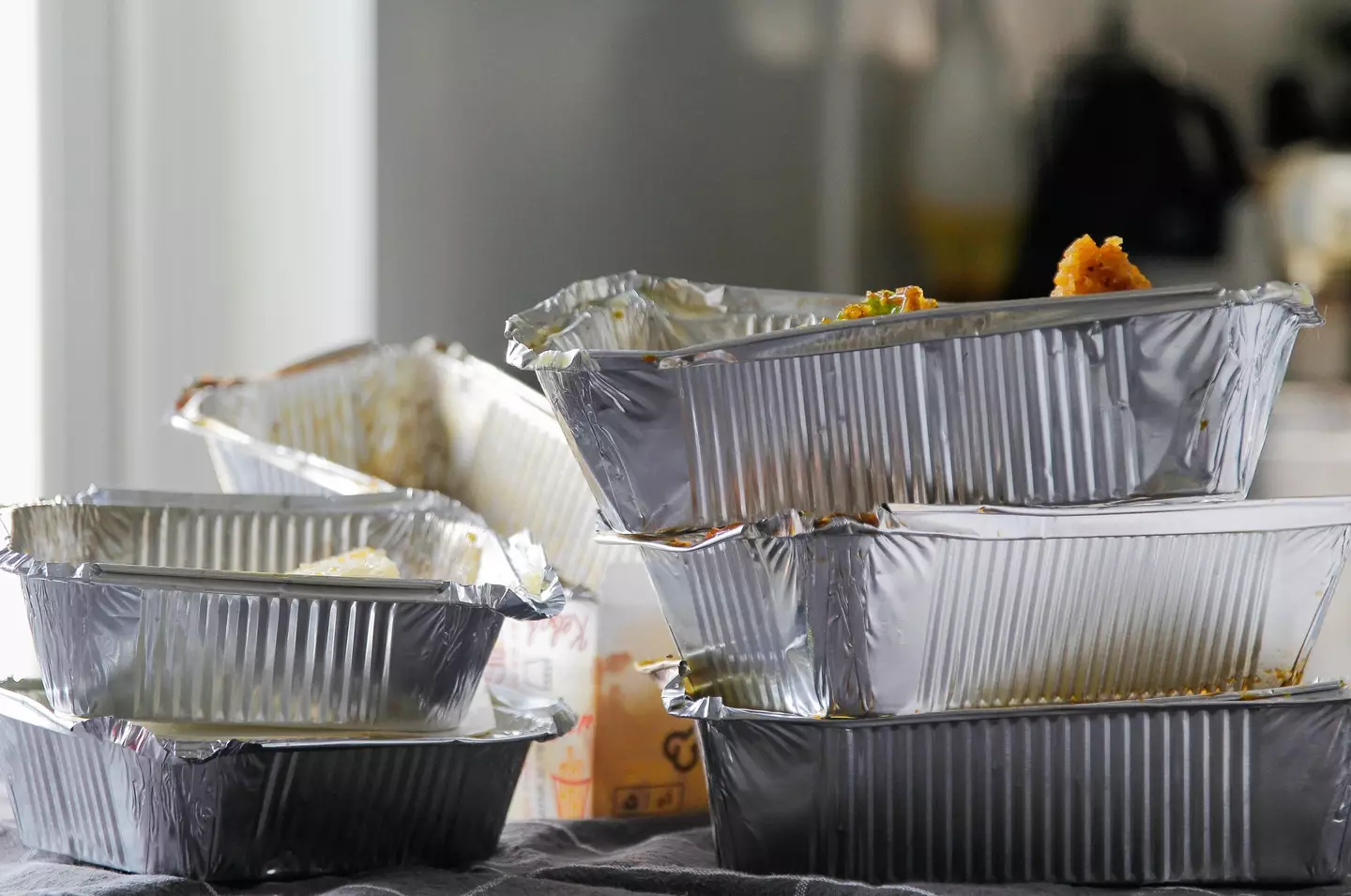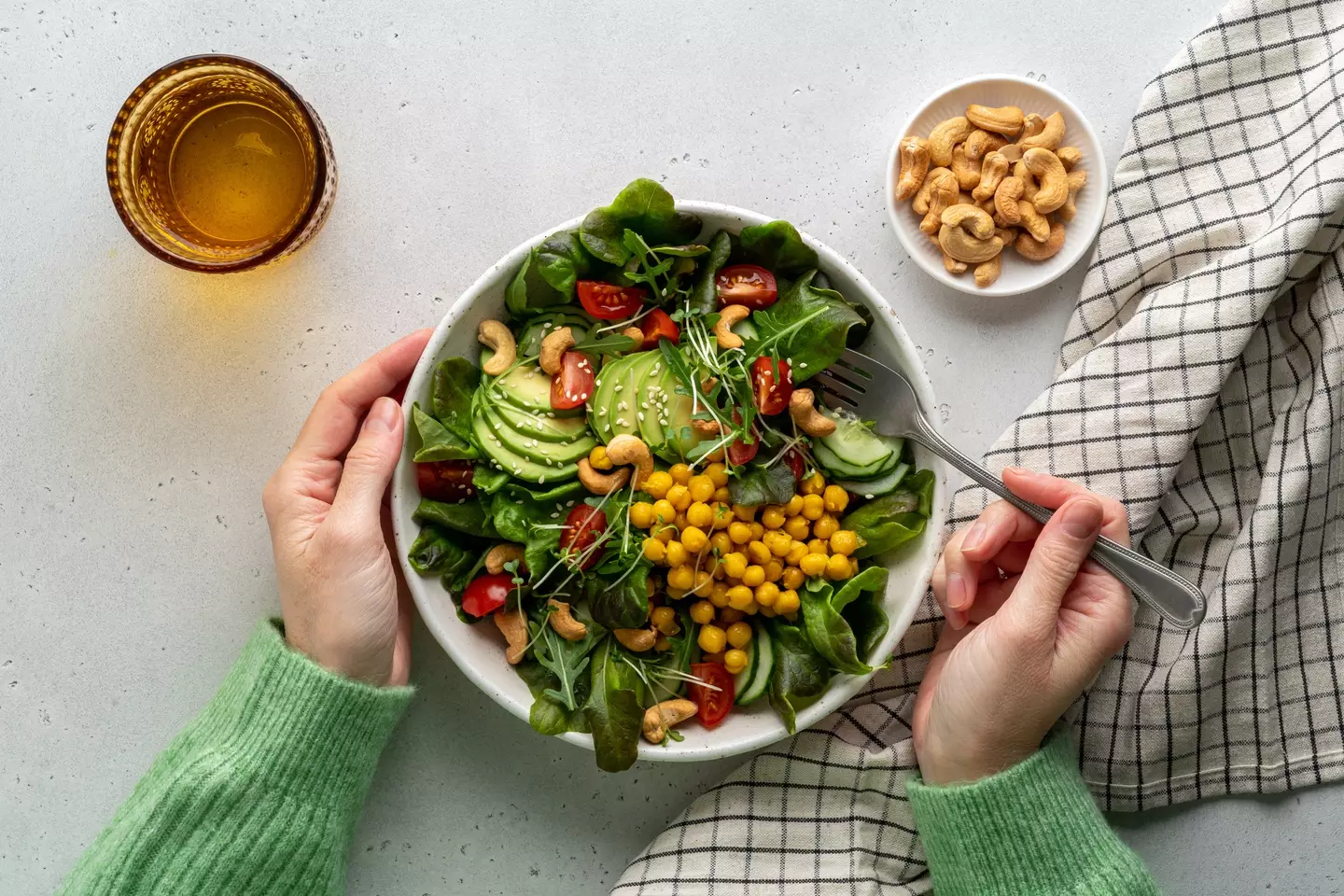
Millennials and Gen Z have been warned about a ‘silent killer’ that has been surging amongst younger people, with doctors saying there’s one way you can reduce your risk.
The silent killer in question is bowel cancer, with a statistical increase in cases among under 50s that has medical professionals worried.
There’s one food group in particular that’s been linked with the rise in cases of what has become one of the UK’s most common types of cancer.
Cancer Research UK says that there are around 44,100 new cases of bowel cancer in the country each year, with 20% of those being in people under 50.
Advert
While there’s no definitive cause for this growing problem, many medics have pointed to rising obesity rates as a potential cause while others have said a lack of awareness around its symptoms means that it’s sneaking up on young people who aren’t typically at a high risk of developing cancer.

Is it our diets?
Speaking to Newsweek, Dr Tim Spector – an epidemiologist and co-founder of healthy science company ZOE – said that the average Gen Z and Millennial diet isn’t great.
The Western diet is generally considered to be bad news for long-term health, with a big focus on fast food, high-carb foods, and fatty, sugary treats with limited fibre.
"It seems that younger generations want to eat well,” said Spector. “However, because 'wellness' has become fashionable, there's a great deal of misinformation on social media. This can make it difficult for people of any age to know how to eat healthily."
It seems there’s a shortfall in nutritional understanding amongst younger populations. While awareness around ultra-processed foods may be a step forward, Spector suggests that this isn’t enough to correct an individual’s unhealthy diet.
After all, they need to know what they should be eating as well as what they shouldn’t.
High-fibre foods are essential
Colon and rectal surgeon Dr Anne Mongiu said that eating a lot of fibre, along with fermented foods that promote healthy gut microbiomes – things like kombucha and kimchi – can significantly improve your digestive health.
Dr Mongiu shared that the key is eating plenty of fibre, and also gut-friendly foods like kimchi and other fermented snacks.
"We know that high fibre diets can help reduce risk for colorectal cancer but unfortunately the American diet is typically low in fibre," she said, with a comment that’s relevant to UK diets too.
"This kind of diet tends to promote obesity and issues with metabolism. There are multiple things that change when a person is obese and/or has metabolic syndrome. ]
“These conditions can change the environment within the body and lead to things like chronic inflammation, development and growth of cancers by affecting certain cells and increasing levels of hormones like leptin and adiponectin."
She continued: "The high-fat content of this diet can activate certain pathways in the body that stimulate basic cell types (stem cells) that line the large intestine and trigger them to turn cancerous."

Balanced diets will never go out of fashion
Dr Spector added: "It's not enough to simply eat 'healthy' - you need to eat in a way that supports a healthy, balanced gut microbiome. This is where fermented foods really shine."
Along with added some fermented grub to your diet, the age-old essentials remain the same: eat plenty of vegetables, whole grains, nuts, seeds, and oily fish. If you’re vegetarian, you can get the fishy omega-3 you’d miss out on with supplements or things like hemp seeds.
Dr Michelle Hughes, a gastroenterologist, also suggested that ‘endocrine disrupting chemicals’ (EDCs) that impact our hormones may be a cancer risk factor too.
"EDCs are small airborne particles and chemical pollutants are thought to be a significant contributor,” she explained.
“These pollutants can disturb the healthy balance of bacteria in our intestines, causing inflammation and stress that can lead to cancer”.
How we can avoid these airborne, invisible particles is not so clear.
